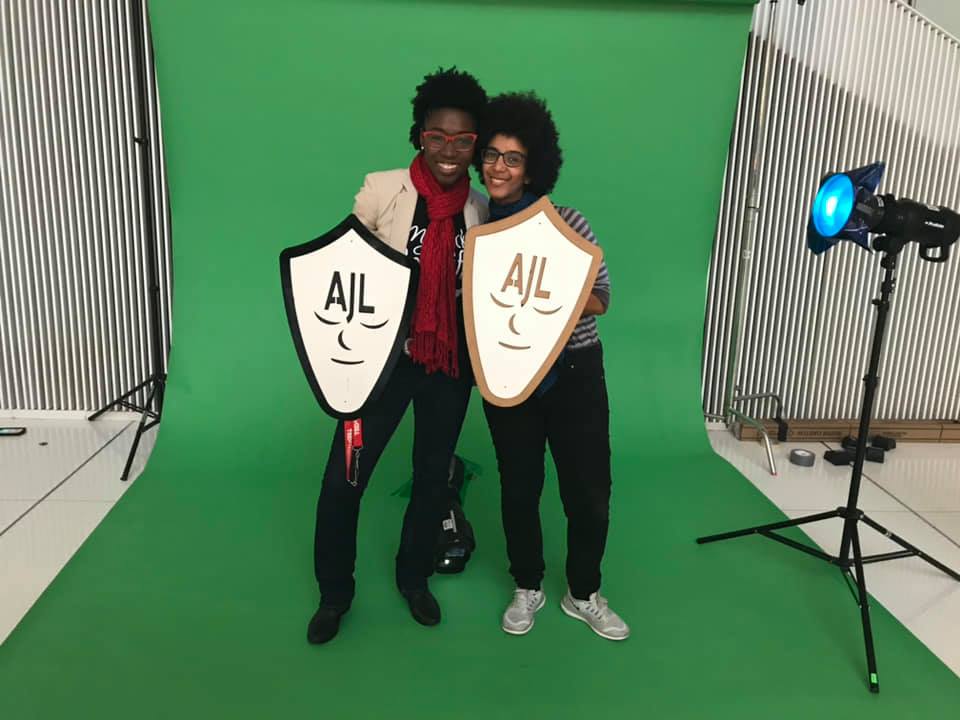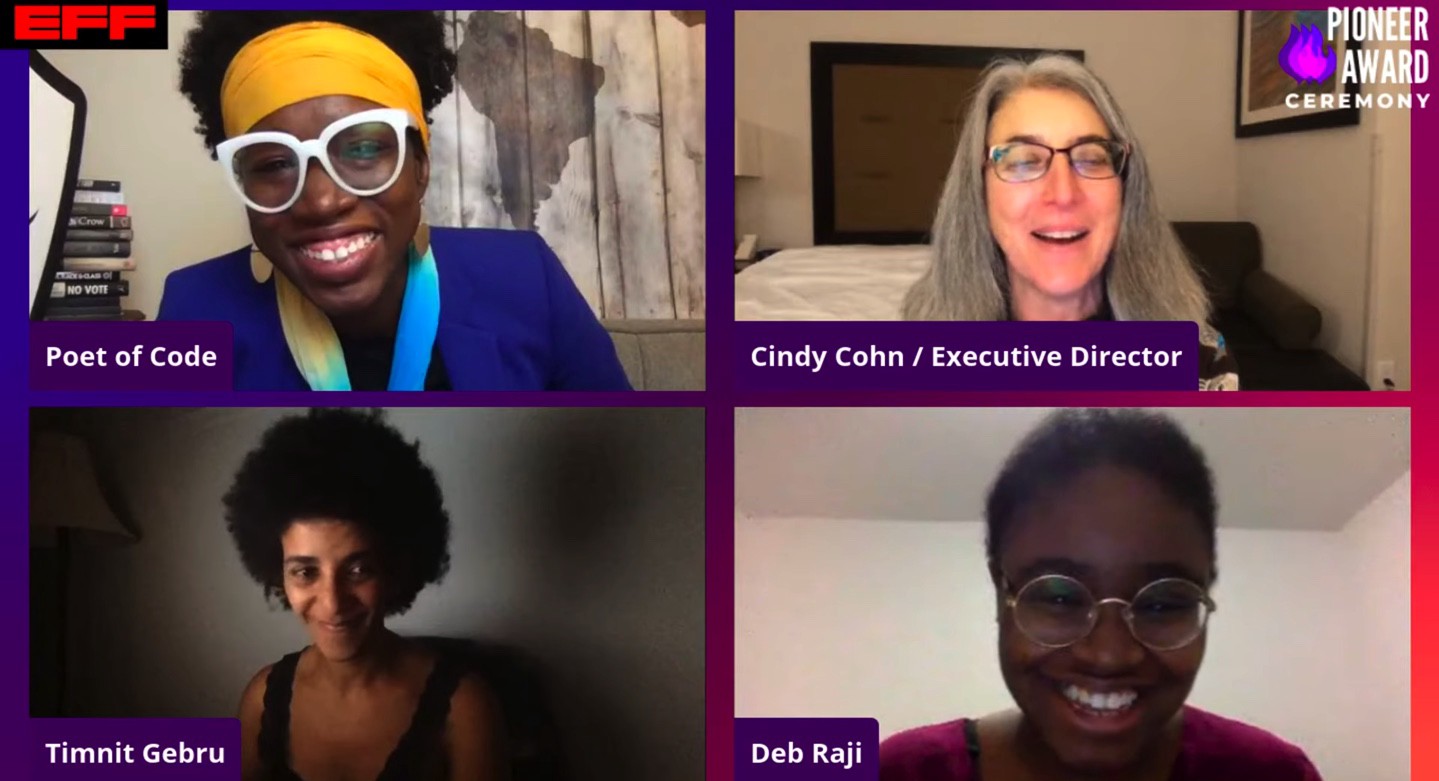Explore the Results
The Gender Shades Project evaluated the accuracy of AI powered gender
classification products.
Be the first to know when the dataset is available
Dataset Privacy
The original Pilot Parliaments Benchmark included publicly available images of parliamentarians from six countries. Many of these face images are now protected under GDPR, so we will no longer be providing the original Pilot Parliaments Benchmark. For the fifth year anniversary, we are releasing a new dataset GS5-API-Results that contains the original API results used in the 2018 paper. We hope this dataset will enable retrospective research while maintaining our commitment to equitable and accountable AI.
Your Privacy
We use the open source plausible.io analytics system to track activity
on this website, including page views and data downloads. We do not
store Cookies, IP addresses, or any other personal data. All analytics
data is stored in aggregate only.

